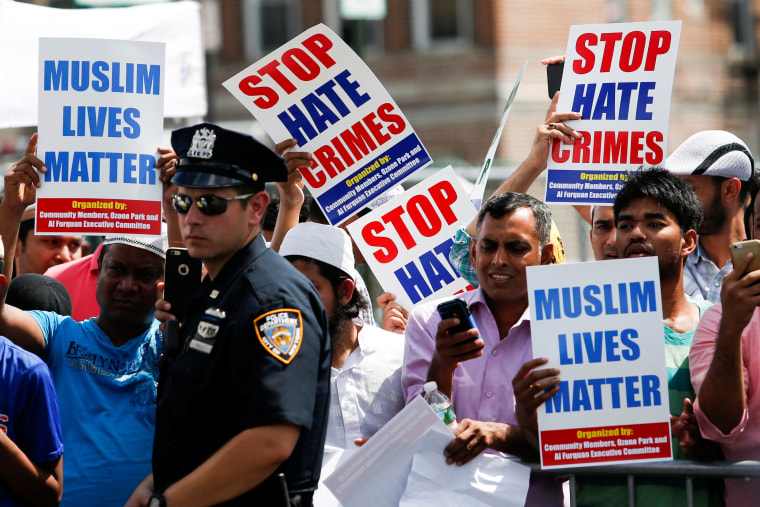

Scholars suggest that like lynching hate crimes don't affect certain individuals. Instead, they account for means of controlling an entire group through violence and intimidation. Though such behavior isn't new, legislation that mandates additional police attention to hate crimes, and criminal statutes that provide bigger penalties for crimes motivated against a person or people based on their membership of a certain group are recent concepts in the U.S. law and legal protections "on the books", are not always applied in practice. Racial animosity is deeply embedded all over the world and there is a continuation in how the state and its law enforcement agencies react to offenses motivated by discrimination.
Research investigated the ties between past lynching and current law enforcement reactions to hate crimes. Lynching was the most openly shown, horrifying expression of open prejudice and demand for white supremacy during the Jim Crow era. Most importantly lynching showed the state's failure to protect a racial minority group from violence by being a part of such actions. As time goes on it was suggested that racial violence dies off and takes on a new form in different historical periods. Although the laws to stay constitutional must be applied equally to victims we can still argue that hate crime laws are extra protective of racial minorities for a few reasons. This is because non-white racial groups statistically are more likely to be hate crime victims. Another reason is that the congressional history of hate crime laws in the united states included testimonies by minority groups and disturbing acts from the holocaust to modern anti-gay violence.
Following we can argue that past lynching is predictive of current policing and prosecution of hate crime laws. This is because racial animosity was a strong social force underlying the occurrence of lynching. Racial animosity tends to be deeply embedded in culture. The demonstration of racial animosity evolves over time
Hate crimes are a severe form of bullying. These said crimes may have severe effects on those harmed by the acts of a hate crime including psychological trauma, physical trauma, and retaliation and conflict. Some forms of psychological trauma that one may endure after experiencing a hate crime are humiliation, depression, anxiety, self-isolation, self-hatred, low self-esteem, sleep problems, headaches, weakness, and the resort to drugs and/or alcohol. Some physical trauma that may happen to someone include aggravated assault, verbal assault, robbery, jumping, and even murder. As a result, these victims may try to come back with retaliation to the people that have committed these acts towards them.

In the United States they have a hate crime awareness week is the first or second October. National Hate Crime Awareness week in 2020 was moved strictly to social media because of the COVID pandemic. Usually the National Hate Crime Awareness week has an annual event at St Paul's Cathedra and that is where they are hoping to have it this year.
This Website link below will take you to the National Hate Crime Awareness:
https://www-jstor-org.ezproxy.delta.edu/stable/27736062?Search=yes&resultItemClick=true&searchText=hate+crimes+popular+today&searchUri=%2Faction%2FdoBasicSearch%3FQuery%3Dhate%2Bcrimes%2Bpopular%2Btoday&ab_segments=0%2Fbasic_search_gsv2%2Fcontrol&refreqid=fastly-default%3Adb39bcc01311e7f1cd0920067b382e83&seq=3#metadata_info_tab_contents
https://nationalhcaw.uk/plan-your-nationalhcaw
Gerstenfeld, P. B. (2018). Hate crimes causes, controls, and controversies (Fourth ed.). Los Angeles, CA: SAGE.
